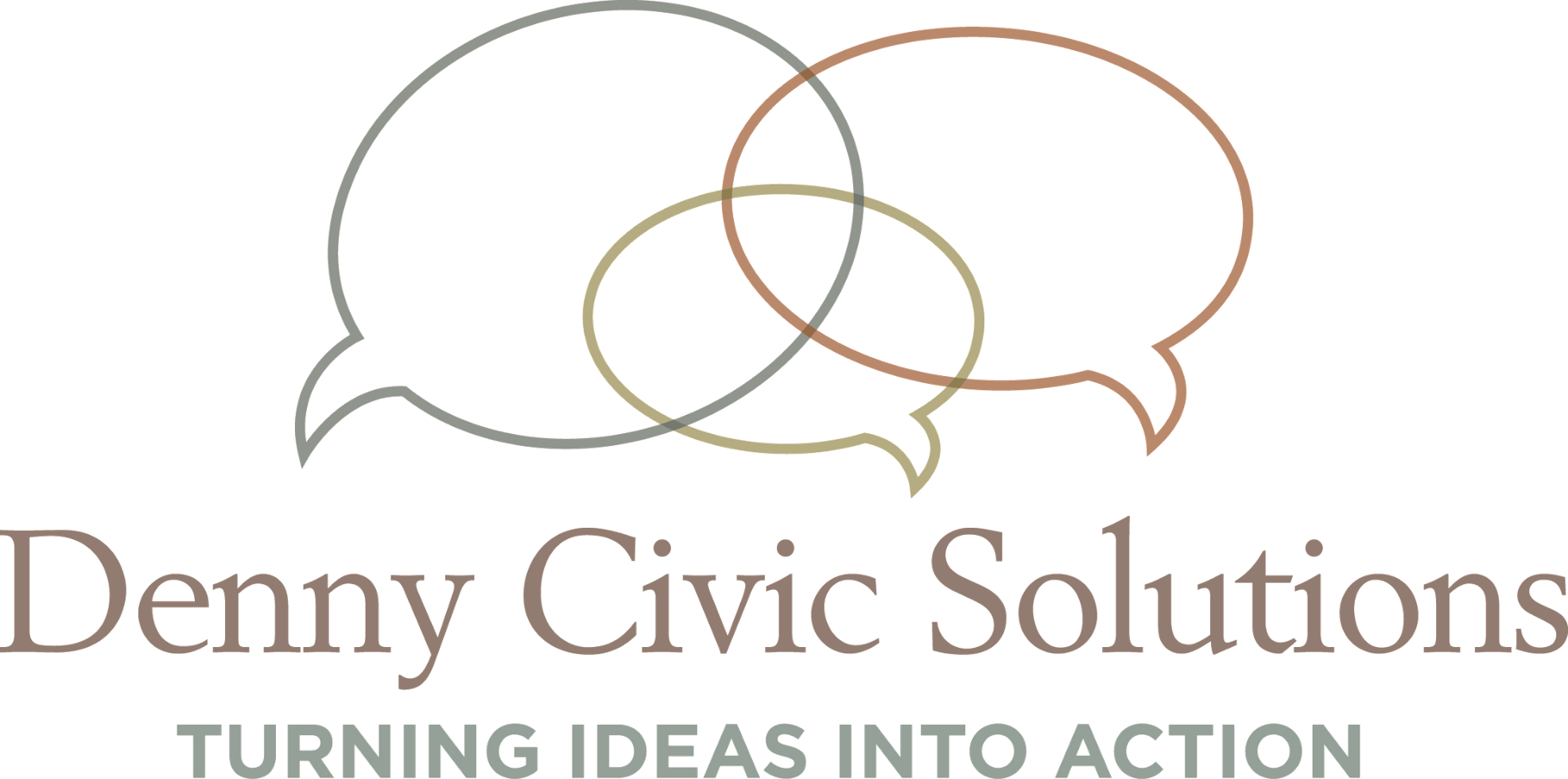New Legislative Session, New Leadership, Lots of Uncertainty
At Denny Civic Solutions, we work with many clients in developing civic campaigns to advance public policy that is important to their organization and their customers. When it comes to public policy and advocacy at the state level, one of the most serious mistakes an organization can make is waiting too long to get started.
But just how do you get started when there are still many questions about who’s in charge, which party will control which chamber, and who will lead each legislative caucus? Good question – especially after these 2022 midterm elections.
Even with these unknowns, there is still plenty of work for an organization to do.
Many of our own clients are already preparing for the 2023-24 Legislative Session. They’re fine-tuning their policy agendas; working through key decisions about whether to pursue legislation vs. administrative action/executive orders; discussing timelines; developing their messaging; and building coalitions of supporters at both the grassroots and grass tops level.
So what can organizations do right now to help them hit the ground running in 2022? Here are five recommendations to consider:
Develop Your Policy Agenda for 2023 Now. Don’t wait until next year to start working on an agenda for next year. Start developing your agenda now, taking into consideration the current political environment, what issues are hot, what your community’s pressing needs are, what the economy looks like, etc. While those factors can always change due to unforeseen events, it always pays to anticipate.
Set Policy Priorities. During any given two-year legislative session, about 4,000 pieces of legislation will be introduced. Of those, only about 10 percent will make it into law. That’s one reason why organizations should prioritize their top two or three policy issues and focus on them like a laser. This is also where your organization can decide if it wants to lead a policy effort, join an existing coalition, or otherwise support the efforts of another group working on the same issue(s).
Start Planting Your Grassroots Now… This is where the rubber really meets the road. This work requires building a large group of individual citizens/constituents/voters who are interested in your issue – and who will be willing to take some level of action later on in your campaign. Today, smart campaigns build their grassroots networks through strategic and sophisticated social media tools.
…and Growing Your Grass Tops While You’re at It. While this may be more of the “old-fashioned” concept of advocacy, it is still undoubtedly necessary. Grass tops work means identifying, building, and meeting with a list of organizations that have a reason to be supportive of your policy issue – and whose presence on your list will resonate with key legislators (especially those in the majority party).
Let the Legislators Know Who You Are. Why wait until January to begin laying the groundwork? Start a communications effort with key elected officials (including newly elected ones) now – send them emails introducing your organization, what you do, who you serve, what the issues are important to you, and offer to be an informational resource. Don’t forget to follow them on social media – chances are, they will follow you back.
At DCS, our team is here to help your organization get ready to go! If you think you might need some help prepping for 2023-24, don’t hesitate to schedule a 15-minute discovery call with us!

